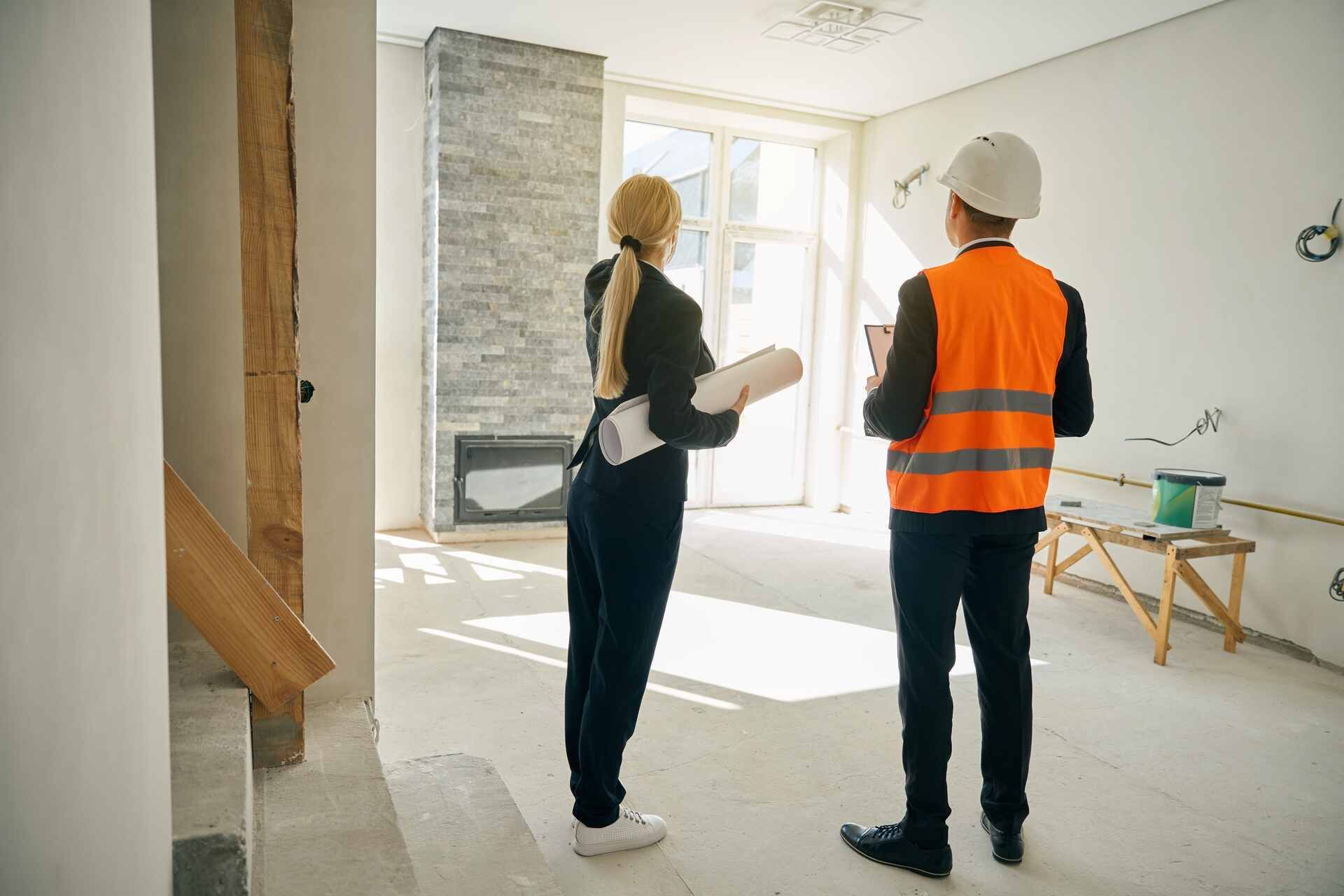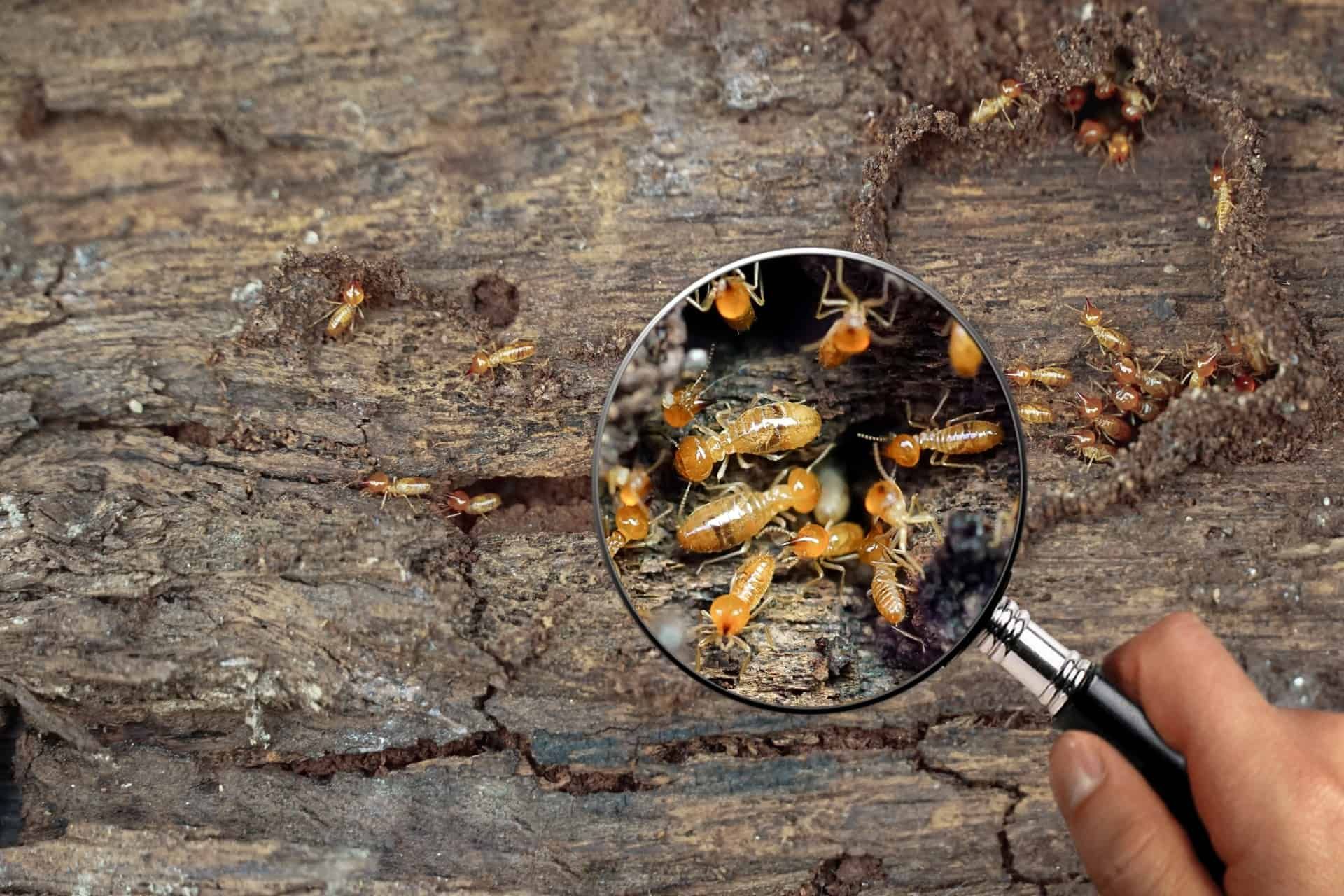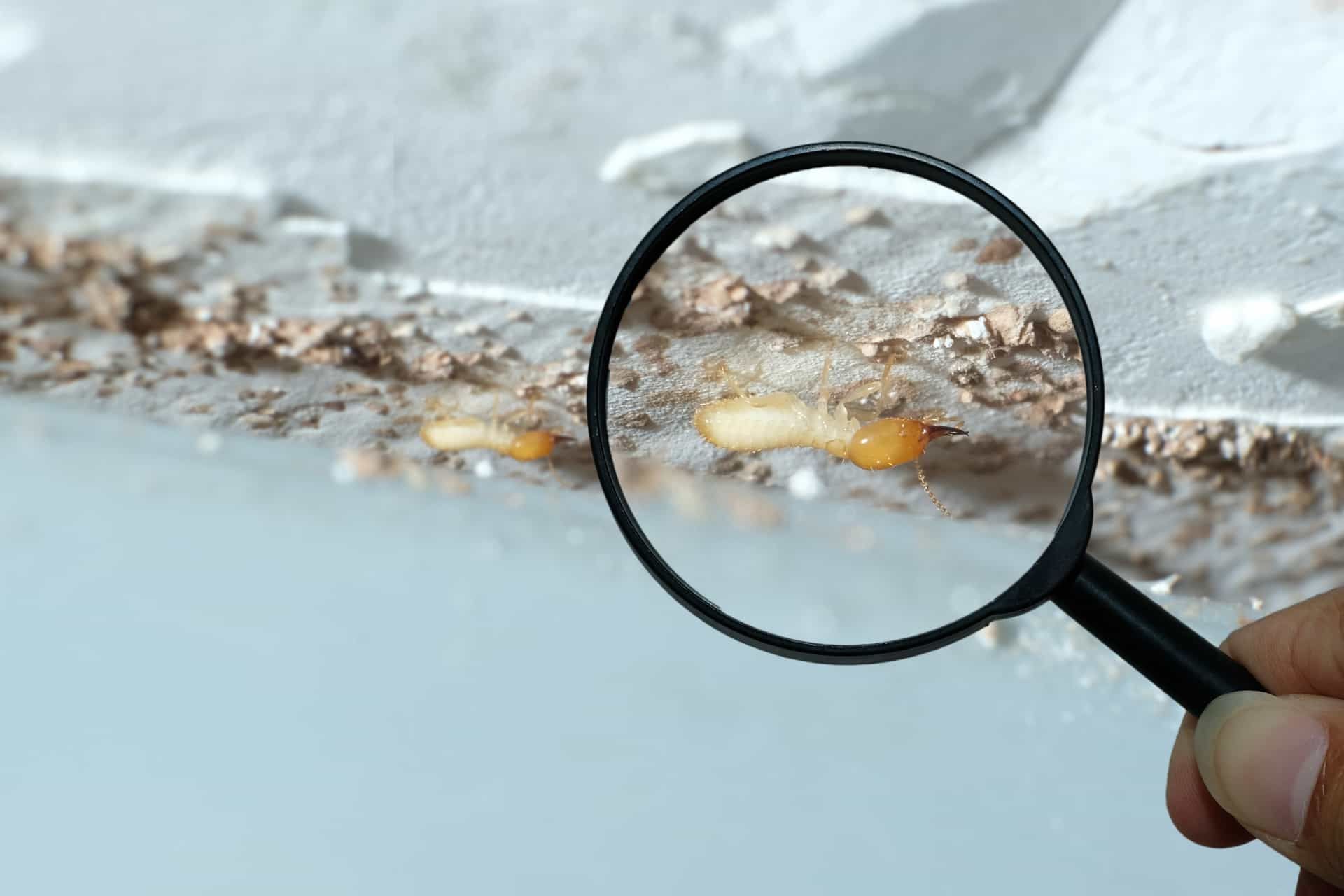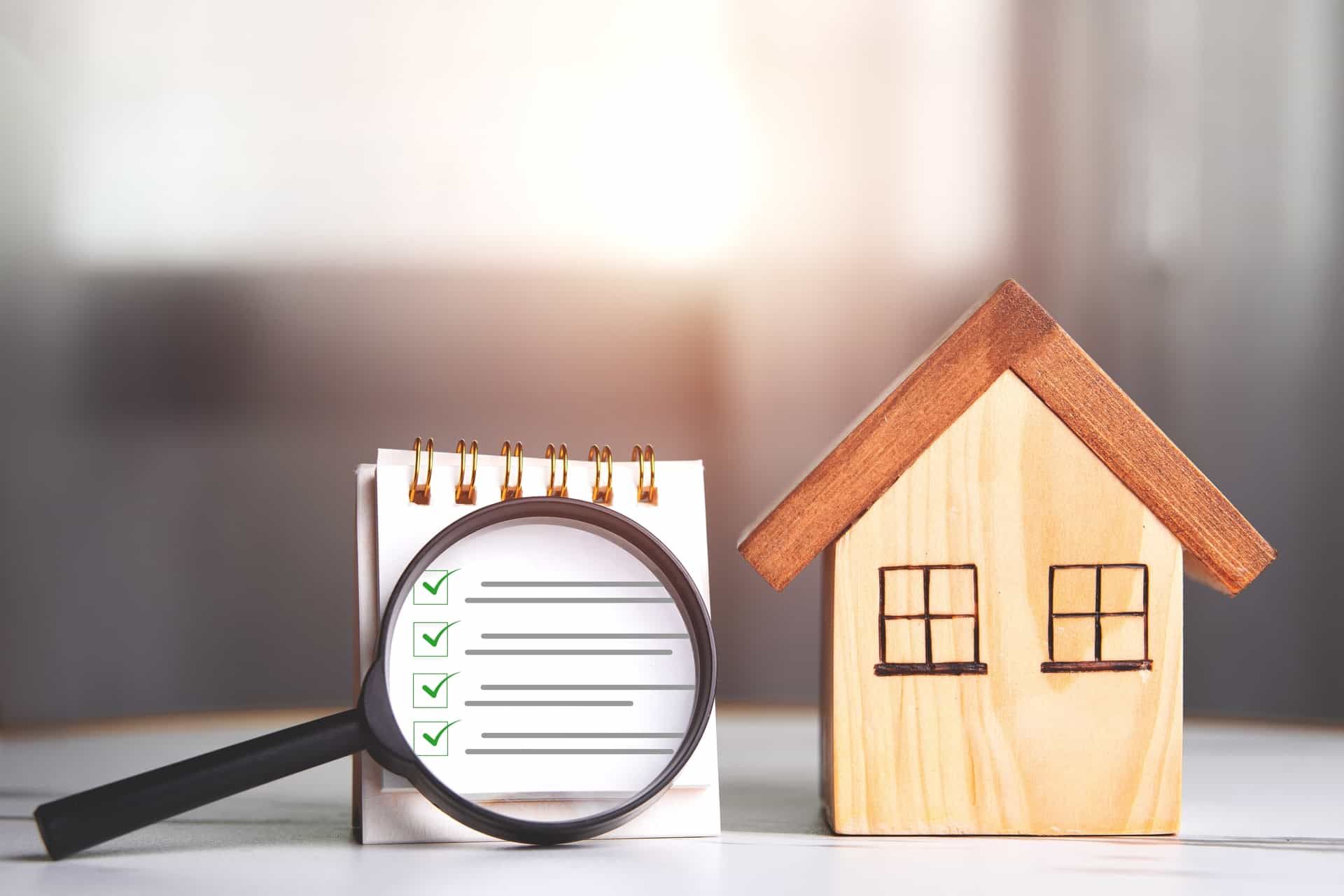How Accurate Are Air Mold Tests?
Understanding Air Mold Tests: What They Measure and How They Work
Understanding air mold tests is essential for maintaining a healthy indoor environment. These tests are designed to measure the concentration of mold spores in the air, which can significantly impact indoor air quality. The accuracy of air mold testing is crucial; it allows homeowners and businesses to identify potential mold issues before they escalate into serious health concerns.
Several types of air mold tests are available, each serving a specific purpose. For instance, spore trap sampling captures airborne mold spores on a sticky surface, while impaction sampling uses a specialized device to collect samples directly from the air. Understanding how these tests work can demystify the process and empower you to make informed decisions about your indoor environment.
By conducting thorough indoor air quality testing, you can gain valuable insights into the presence of harmful molds and take proactive measures to address any issues.
Whether you're dealing with water damage or want peace of mind about your living space, investing in accurate air mold testing is essential to ensure a safe and healthy atmosphere for you and your loved ones.
The Factors Influencing the Accuracy of Air Mold Tests
Several critical factors can significantly influence the accuracy of air mold tests, including the methods of
mold sampling used. Understanding these elements is essential for anyone seeking reliable results in mold detection. Proper sampling techniques, environmental conditions, and timing all play crucial roles in obtaining accurate assessments of mold presence.
First and foremost, environmental conditions play a pivotal role. Factors such as humidity levels, temperature, and airflow can alter the concentration of mold spores in the air at any given moment. Testing during varying weather patterns or times of day can yield different outcomes, making it crucial to consider when conducting tests.
Additionally, the sampling methods used are vital in determining accuracy. Different techniques—such as spore traps or impaction methods—can produce varying results based on how they collect airborne particles. Ensuring the correct method for the specific environment is critical to obtaining trustworthy data.
The type of mold tested also significantly impacts results. Some molds may be more prevalent in specific environments or seasons, leading to potential false positives or negatives if not accurately identified. A comprehensive understanding of local mold species enhances testing reliability.
Lastly, the timing of tests must be noticed. Mold growth is often cyclical and influenced by external factors like rainfall or seasonal changes; therefore, conducting tests at strategic times can provide a clearer picture of potential contamination levels.
Interpreting Your Air Mold Test Results: What Do They Mean?
Interpreting your air mold test results is crucial in maintaining a healthy living environment. Understanding what those results mean can empower you to take necessary actions and protect your home and family. Mold test results typically indicate the concentration of mold spores in the air, and knowing what constitutes safe levels is essential. Generally, levels below 100 spores per cubic meter are considered safe; anything above that may warrant further investigation or remediation.
If your test results show elevated mold spore counts, taking actionable steps is vital. Start by identifying the source of moisture that could be fostering mold growth—leaky pipes, poor ventilation, or high humidity levels. Once identified, remediate these issues promptly to prevent further mold proliferation. Additionally, consider consulting with a professional mold remediation service if the levels are significantly high or you have health concerns.
By correctly understanding and interpreting your air mold test results, you can make informed decisions that ensure a safer living space for everyone in your home.
Mold testing is crucial before buying a home, as it helps identify potential issues that could affect your family's health and your investment. Don't wait until it's too late—take control of your indoor air quality today!
Mold Testing vs. Professional Inspection: Which is More Reliable?
Understanding the differences between mold testing and professional inspection is crucial for ensuring the safety and health of your home or workplace. Many homeowners wonder which option is more reliable, but the answer often lies in the situation's specific needs.
Mold testing typically involves collecting samples from various surfaces or air within a property to identify mold types and concentrations. While this can provide valuable information, it often needs more context regarding the property's overall condition. On the other hand, a professional inspection goes beyond mere sampling; it encompasses a thorough evaluation of potential moisture sources, visible mold growth, and even hidden areas where mold could thrive.
Professional inspectors bring expertise to interpret test results effectively within the broader scope of your property's environment, particularly in
residential mold situations. Based on their findings, they can recommend tailored remediation strategies rather than just providing data points without actionable insights. This comprehensive approach ensures that your home remains a safe and healthy space for you and your family.
In conclusion, while mold testing has its place, relying solely on it may leave you with incomplete information. A comprehensive professional inspection identifies existing problems and addresses underlying issues that could lead to future mold growth. For peace of mind and effective resolution, choosing a professional inspection is undoubtedly the more reliable option for safeguarding your space against harmful mold exposure.
Conclusion: Making Informed Decisions About Air Mold Tests for a Healthier Home Environment
In conclusion, making informed decisions about air mold tests is crucial for ensuring a healthier home environment. Mold can profoundly affect your health and your home's structural integrity. By understanding the importance of these tests, you empower yourself to take proactive measures against potential mold growth.
Investing in professional air mold testing can provide you with accurate results that guide your next steps. Whether identifying hidden mold sources or determining the effectiveness of remediation efforts, these tests are invaluable tools in maintaining a safe living space.
Additionally, consider regular testing as part of your home maintenance routine, especially in moisture-prone areas.
Ultimately, being proactive about air quality protects your family's health and enhances your peace of mind. Make the choice today to prioritize air mold testing with
Protec Inspection and create a healthier environment for you and your loved ones. Your family's well-being deserves the best!
Disclaimer: The information on this website and blog is for general informational purposes only and is not professional advice. We make no guarantees of accuracy or completeness. We disclaim all liability for errors, omissions, or reliance on this content. Always consult a qualified professional for specific guidance.





